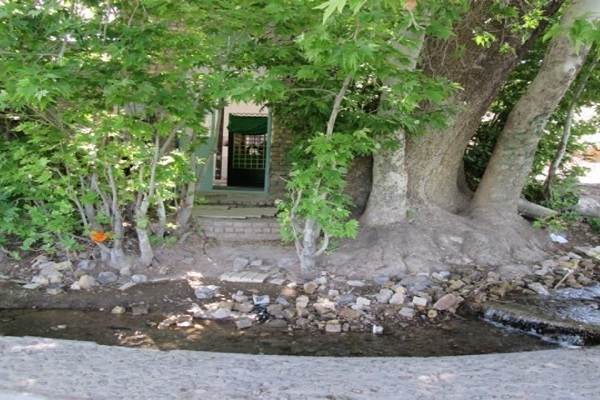Introduction to Divine Prophets: Jeremiah

Although his name is not explicitly mentioned in the Quran, he is referenced in interpretations and narrative sources related to certain verses.
In Islamic sources, he is known as Armaya or Ermia. Some believe he was the prophet who was resurrected after a hundred years of death.
According to one narration, Jeremiah was the prophet during Goliath's era, and the people asked him to appoint a king, leading to the selection of Talut by God's command.
It is also said that Zoroaster was a disciple or servant of one of Jeremiah's disciples.
Jeremiah was born around 645 BC in a city northeast of al-Quds, into a clerical family. His father was a chosen priest during David's time. Jeremiah was martyred by the Jews in the city around 590 BC.
One of Jeremiah's notable contributions was the rehabilitation of Egypt after its destruction by Nebuchadnezzar.
Read More:
God sent Jeremiah to guide the king and the Israelites. Initially, he felt unable to fulfill this responsibility and sought God's help. God assured him of His infinite power and support.
Due to the moral corruption of the people, the tyranny and apathy of the rulers, and political weakness, Jeremiah used every opportunity to admonish the people.
He also warned them about the invasion by Nebuchadnezzar and the impending destruction of al-Quds. This led to accusations of being a Babylonian mercenary and treason, resulting in persecution by false priests and prophets, and even threats to his life.


